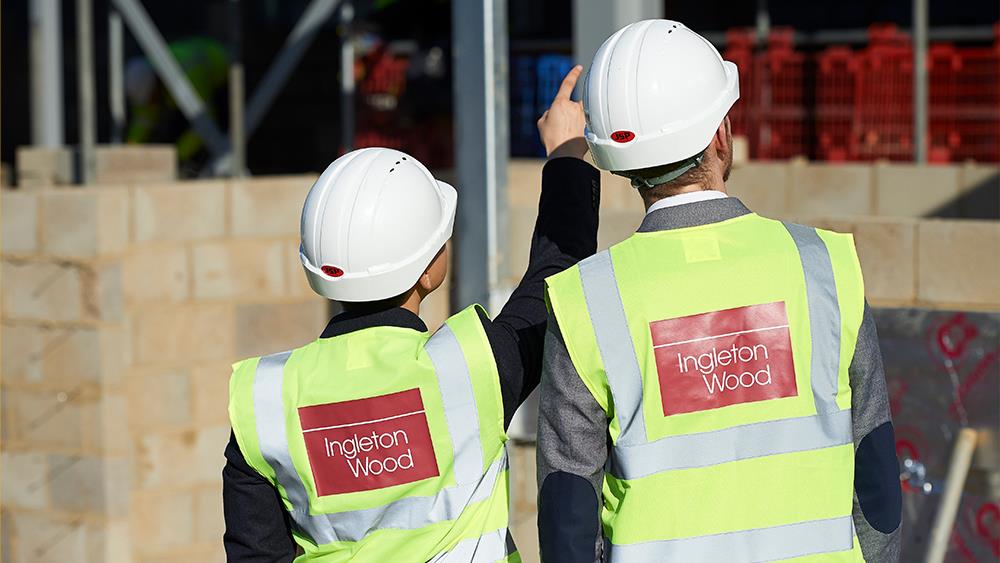

Consultant Ingleton Wood and contractor Horizon Construction are calling for greater transparency over timescales and costs.
Consultants need to be prepared to have “early awkward honest conversations” with clients about realistic timescales and changeable costs for projects to help tackle material availability issues and lead in times.
That’s according to property and construction consultancy Ingleton Wood which is also calling on the industry to avoid the temptation of using cheaper materials which have better availability just to meet pre-pandemic targets.
The industry has faced rising raw material prices and shortages over the past 18 months, holding back a ‘building boom’.
Average material costs for 'all work' such as steel, concrete, timber and glass rose by 23% in the 12 months to September 2021, the Department for Business, Energy and Industrial Strategy recently found.
The Builders Merchants Federation and the Construction Products Association have raised concerns that demand will continue to outstrip supply for many products in early 2022.
Andrew Marchant, Senior Associate and Building Surveyor at Ingleton Wood, said average lead times on site have trebled to around 12 weeks.
“To be forewarned is to be forearmed – that’s the approach we’re taking now,” said Marchant.
“Extremely volatile global market conditions are impacting current and future projects. For example, the cost of MDF sheets rose 300% in a single month in 2021. Lead times to get our high-quality sustainable products to site have risen sharply to around 12 weeks. We’ve had to adapt our approach, including how we compile budgets and pre-tender estimates.
“As a result, it’s become absolutely essential for consultants to have those early conversations with clients and being completely realistic about the estimated timescales and costs," he said.
“The sooner this culture change happens, the sooner the industry can better adapt to this new challenging environment that we’re likely to be faced with for many months to come.
“This means having a responsive and proactive mindset right from the outset. With product prices being held for as little as a week, when you receive tenders, you need to analyse and act fast: factoring in the latest forecasts, locking in the costs and agreeing the contracts.
“The wider industry must also resist the temptation to use inferior cheaper products that are much more readily available just to meet pre-Covid promises. This isn’t going to create the high-quality, sustainable built environment that we need. This concerning potential situation reinforces the importance of having frank and realistic conversations right at the beginning.”
Phil Holding, Managing Director at Horizon Construction, agreed that getting all project delivery partners involved from the earliest stages of project design and management is vital.
He said the quality of construction projects should not be compromised by poor decision-making – and backed the call for more collaboration and transparency between stakeholders.
“We appreciate the engagement of a project manager who has a thorough understanding of market conditions and the associated effects on working practices,” he said.
“Not all clients understand the workings of the construction industry and the risks involved with changing market conditions. Over the last few years, the disturbance in the market from a multitude of interlinked external factors has been unprecedented.
“With the pricing of materials and sub-contractors being held for such a short time, combined with resource availability issues and delays in the supply chain, programme schedules can be severely affected unless volatility factors are proactively managed from the outset.”